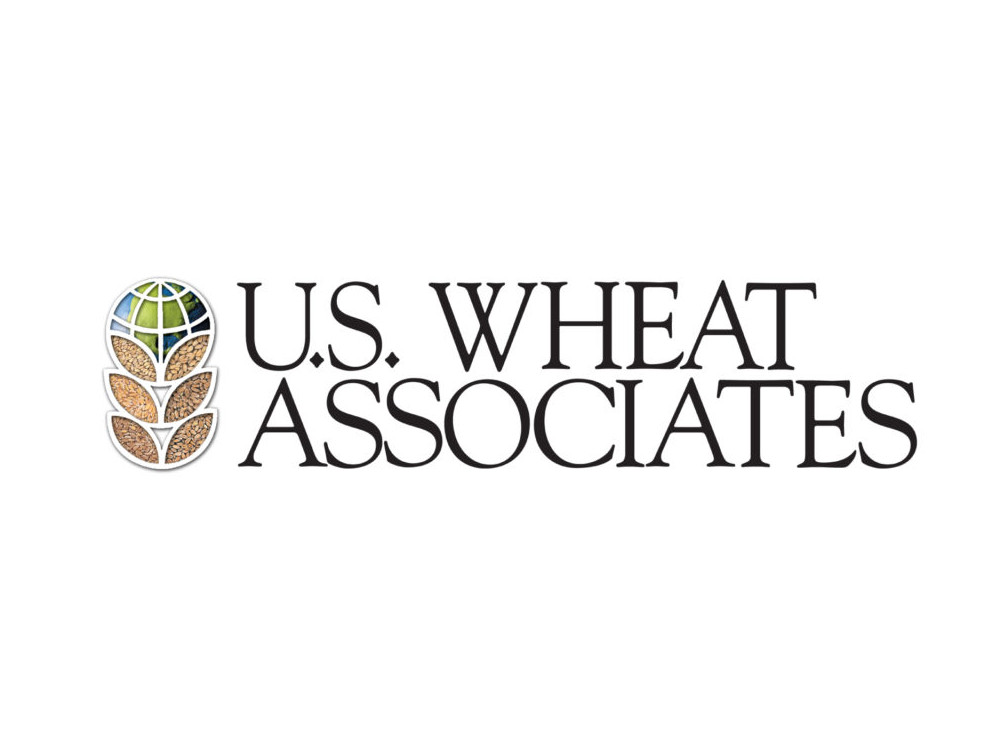Advocacy is like riding a bike.
After a three-year hiatus, 16 members of the Minnesota Association of Wheat Growers (MAWG) trekked to St. Paul to visit with legislators to discuss issues impacting their farms.
“Getting the opportunity to sit down with our legislators and have constructive conversations with them is vital, especially during this legislative session,” MAWG President Mike Gunderson said.
Paid Family and Medical Leave Act
The group split into multiple teams to discuss MAWG’s policy priorities with legislators. An item at the top of their agenda was the Paid Family and Medical Leave Act. The act would allow all Minnesotans, including small business owners and

self-employed individuals, to receive up to 12 weeks of family leave and 12 weeks of medical leave, which would be self-funded by contributions from both the employer and employee.
“We had great conversations,” MAWG CEO Charlie Vogel said. “Ag is definitely on the defense, but we’re playing the defense well.”
The language in the proposed legislation raises a few concerns for farmers and agribusinesses, especially those who hire seasonal employees. When employees are onboarded for the planting or harvesting season, they remain on the grower’s payroll for only a couple of months. If they were to take a 12-week leave during that time, it could be detrimental to the operation throughout the state.
“It’s a large percentage of our total labor force,” MAWG Secretary and Treasurer Tate Petry said. “For us, it’s just our family, but we needed to hire someone for a while. If we would have lost him for 12 weeks, we would have lost a third of our operation. So it does present challenges on the farm as well as our communities because it’s such a large percentage of our labor force.”
The act has the potential to negatively affect not only farmers, but rural communities, said Austen Germolus, MAWG second vice president.
“It’ll impact our schools, hospitals and any small businesses that are already struggling to keep and hire employees,” Germolus said.
Farmers understand the importance of spending time with family and recognize that unexpected and unavoidable situations arise that require an absence from work. Throughout their Hill Visits, MAWG members expressed the need to revise language within the act to protect farming operations.
“I don’t think we need legislation,” MAWG member Rachel Arneson said. “We need social and cultural change.”
Rep. Samantha Vang, who chairs the House Agriculture Finance and Policy Committee, said there is still time for lawmakers to include small business exemptions to the bill.
“It takes a lot of time to fine-tune the details on a bill like this,” Vang said. “I definitely think that it’s a great bill, but we need to work on the language and see what we can do.”
Drainage Registry Information Portal
As spring slowly found its way to Minnesota, growers were once again reminded of the importance of water drainage to their operation.
A Minnesota House bill referred to the Committee on Environment and Natural Resources Finance would, if passed, “establish a drainage registry information portal that includes a publicly searchable electronic database.
The portal would require a drainage authority to electronically submit information on a petitioned drainage project and a petition or order for reestablishment of records. The additional regulations would add an additional burden to farmers, MAWG members told lawmakers.
“We already have watershed districts. All the permitting is already done,” MAWG Director Erik Younggren said. “Adding another drainage portal is repetitive and adds another layer and more time to what we’re already doing.”
Furthermore, an engineer would be appointed to petition drainage projects and required to submit several pieces of information about the project, including drainage authority information and local contact information.
Rep. Roger Skraba echoed MAWG’s concerns with the proposed bill.
“This isn’t a state issue,” said Skraba, who represents District 3A. “When we make a state law, it deals with where I live, which is a very different world from other parts of the state. And we have to go along with all of these regulations, but there aren’t enough employees to run around to look to see the issue.”
Young Beginning Farmer Tax Credit
Just as legislators need to understand how certain bills might harm the agriculture industry, they also must know which bills they should champion or defend on behalf of farmers and agribusinesses.
During their Hill visits, the Minnesota Wheat delegation asked their legislators to continue supporting the
 Young Beginning Farmer Tax Credit and encouraged them to extend the benefits to family members.
Young Beginning Farmer Tax Credit and encouraged them to extend the benefits to family members.
Currently, the tax credit, offered through the Department of Agriculture, “provides annual state tax credits to landlords and sellers who rent or sell farmland, equipment, livestock and other agricultural assets to beginning farmers.” However, asset owners cannot be directly related to a younger farmer.
“The Young Beginning Farmer Tax Credit is a really helpful tool,” Petry said. “Expanding it to family members would be even more helpful.”
By the end of the day, the MAWG delegation had surpassed their daily step goals, partaking in as many meetings as they could fit into their day. And, with the support of membership dollars, MAWG will continue to monitor the legislative session and won’t shy away from having difficult conversations that must happen to protect the agriculture industry and Minnesota wheat growers.
MAWG and its lobbying team now have their eyes on the remainder of the biennial session, which must end by May 22.
“May is going to be critical,” Vogel said. “It’s not going to be boring.”



